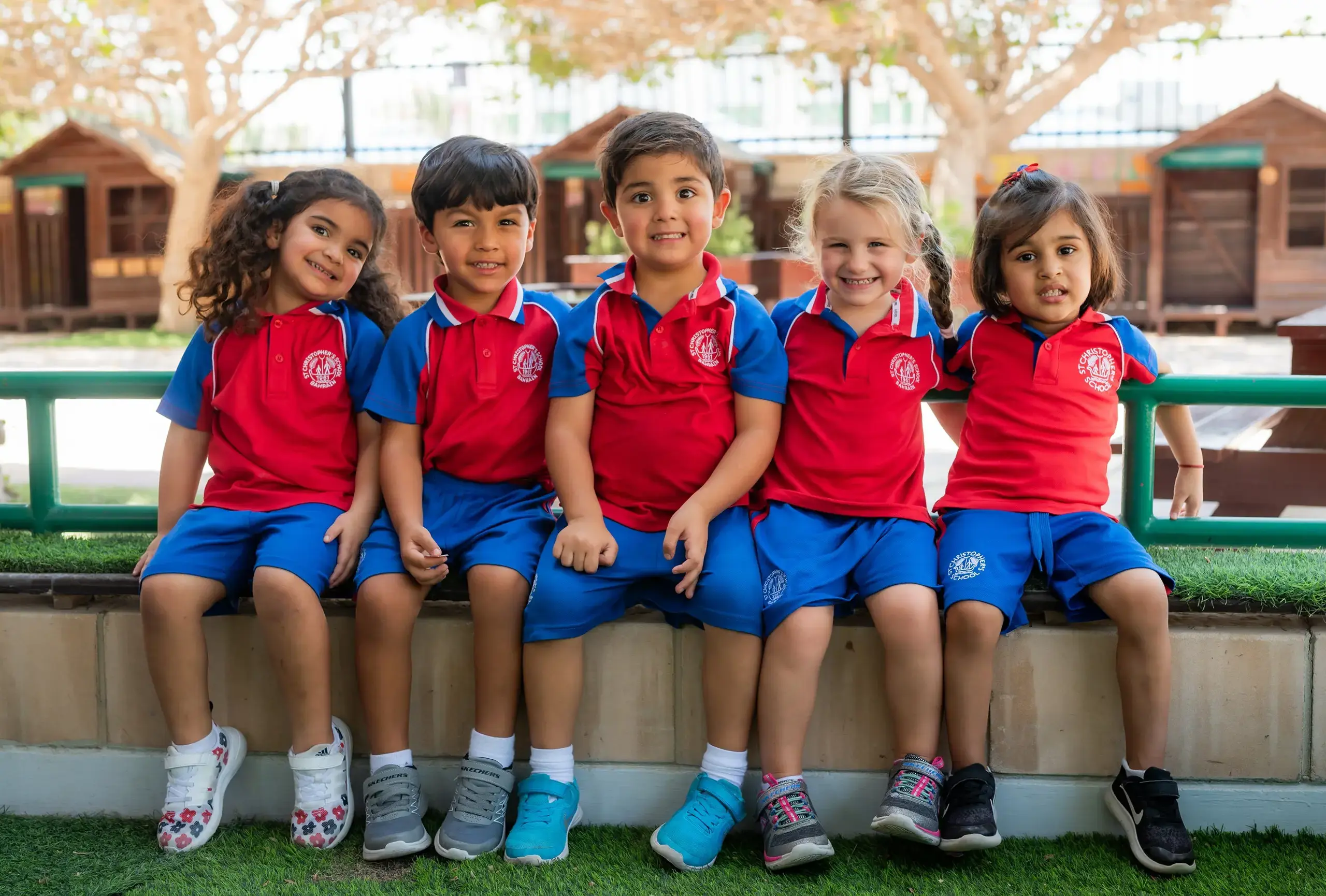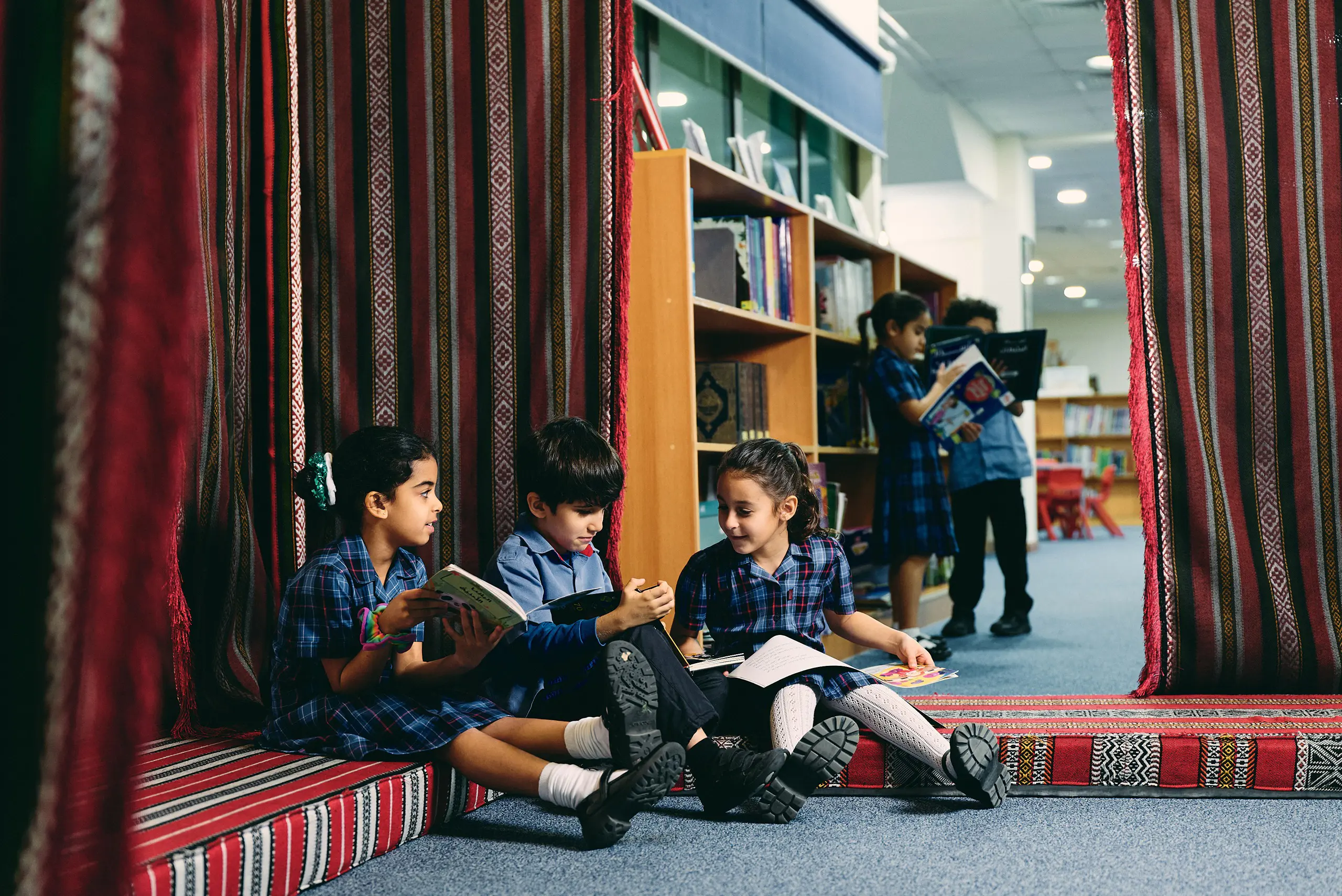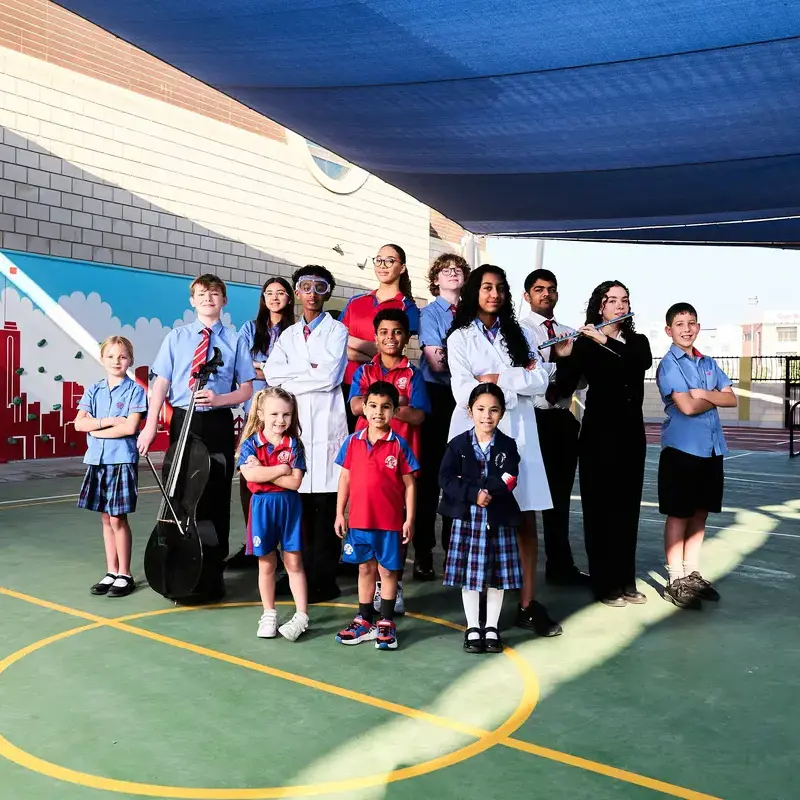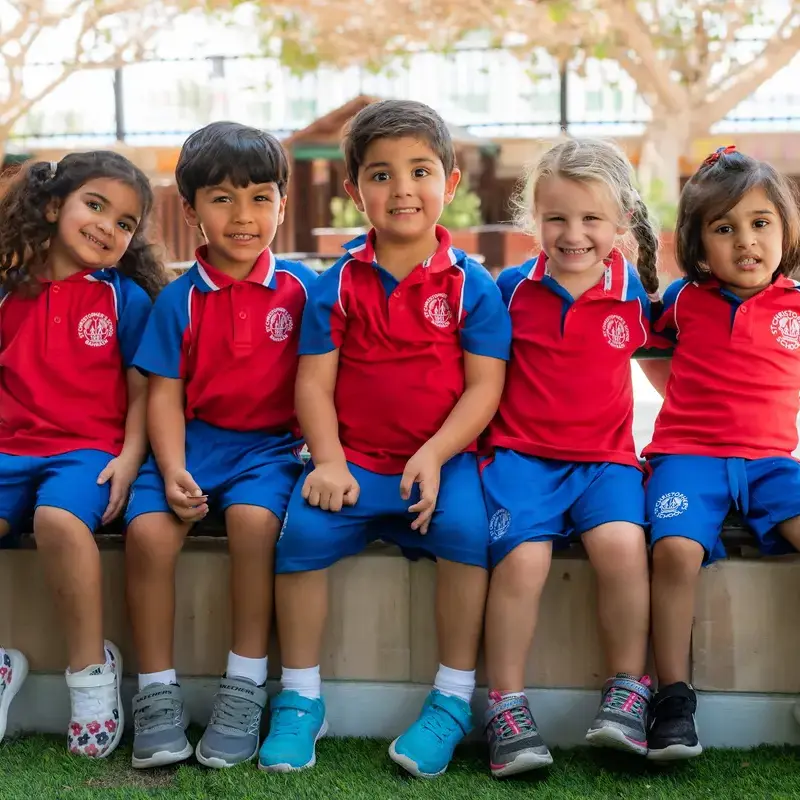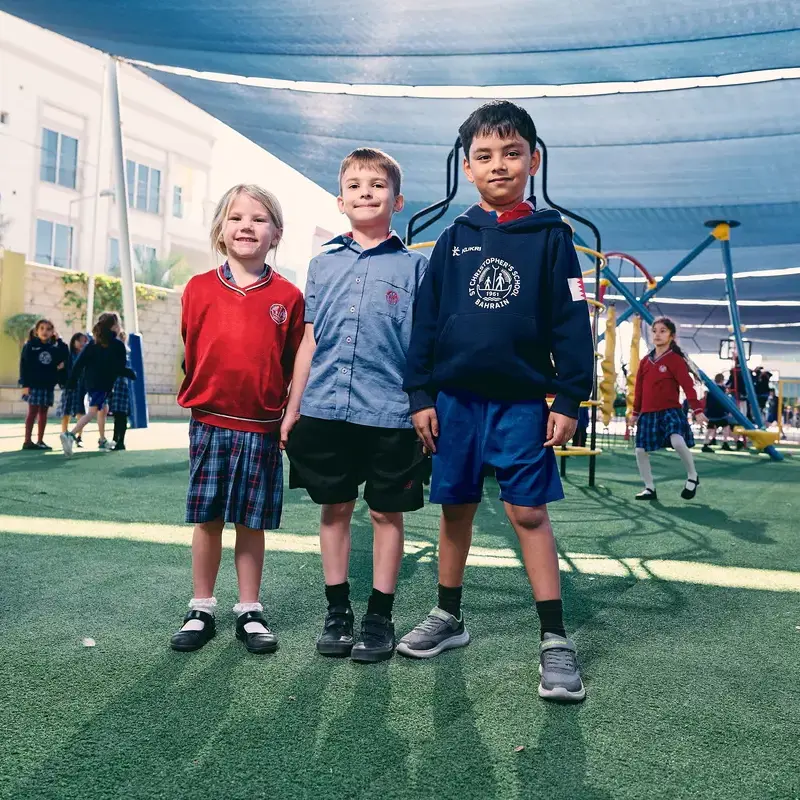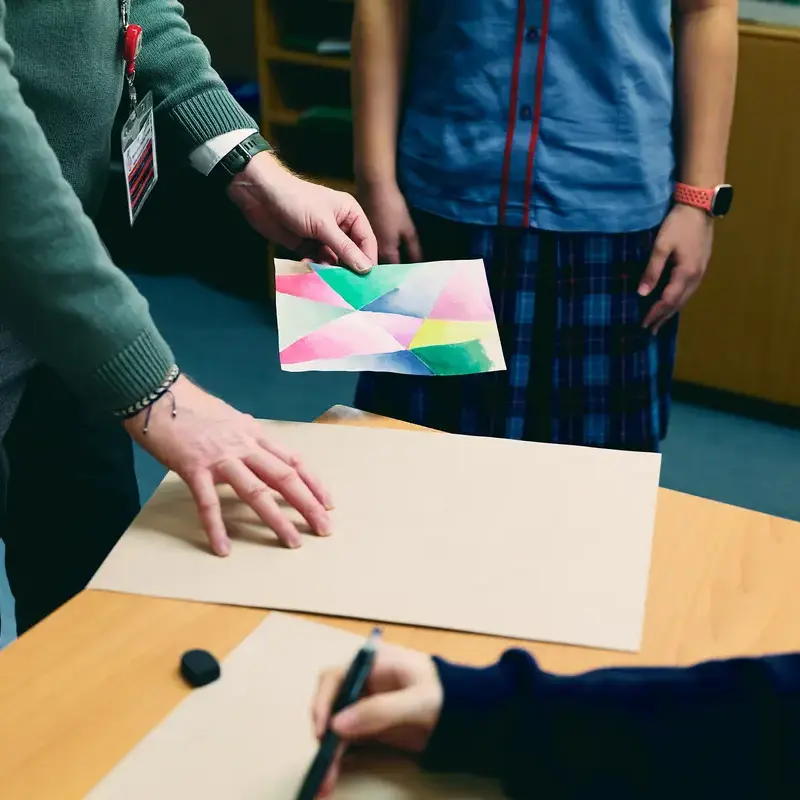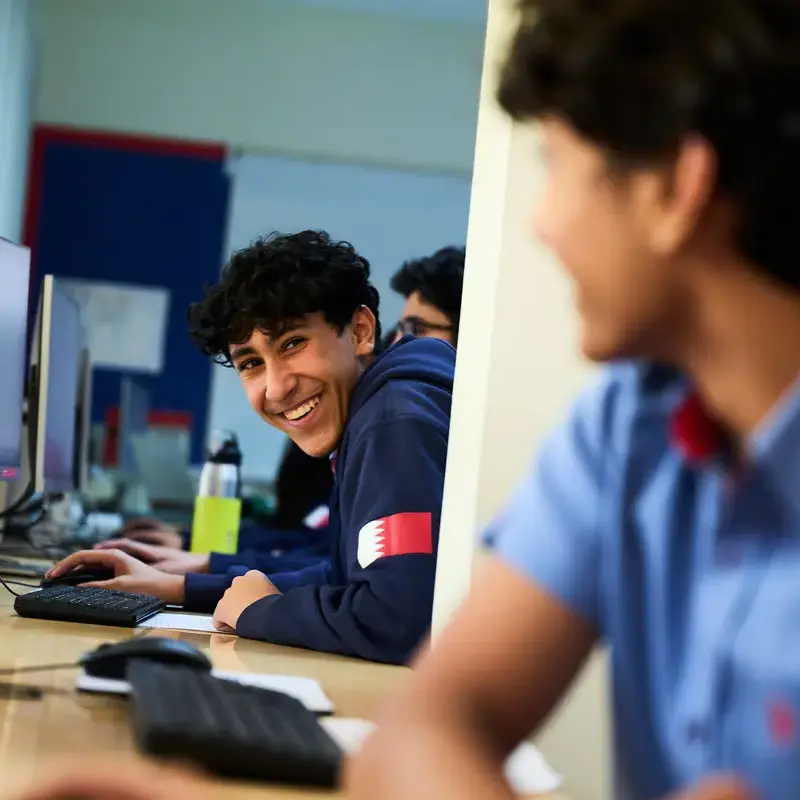Infant School
Welcome to St Christopher’s Infant School, where we provide children with a world-leading educational experience.
The Infant School is an inspiring place, full of confident and inquisitive children and the highest calibre of teaching and support staff. As experienced educationalists, we are fully committed to enabling all of our children to achieve their full potential. We are a large School, but one big family where learning is exciting and risks and challenges are encouraged. High expectations permeate through all we do - academically, socially and beyond the classroom.
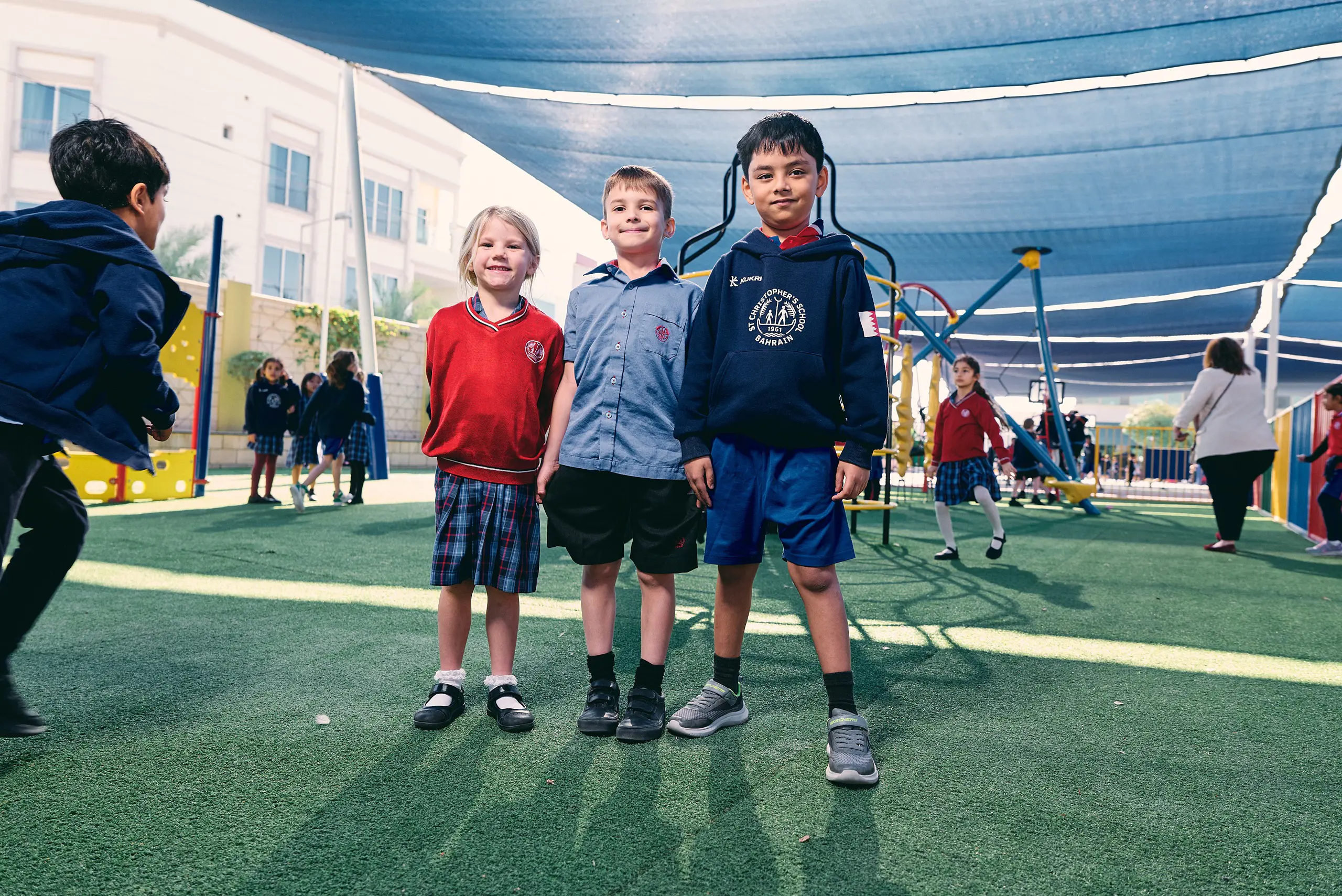
Supporting our children in the creation of their core values is essential.
Our St Christopher’s ‘6Cs’ of confidence, creativity, curiosity, commitment, courage and compassion are integral to everything we do. You will no doubt see your child coming home with one of our ‘6C values stickers’ or one of our behaviour ‘Praise Postcards’ for demonstrating one of our ‘4 Golden Rules’ of ‘be safe’, ‘be kind’, ‘be respectful’ and ‘be responsible’. Praise and rewards are very important to us and this is reflected in our positive behaviour management policy.
We ensure our children are central to the learning process, as is support from parents. This is key to your child’s success and we work hard to establish open communication with you and form partnerships that will last throughout your child’s time at St Christopher’s.
Infant children have access to fabulous resources and specialist teaching for Arabic, PE, Music and Swimming (from Reception).
Each Year Group is housed in its own wing which we call an ‘Activity Street’. The environment is wonderfully spacious, with children able to work in their own classroom as well as interacting with their peers in shared areas. All Infant classrooms are further enhanced by dedicated outdoor learning and play areas and playgrounds with an array of equipment.
The foundations which we build in the Infant School, through our highly skilled play-based approach, are crucial in ensuring the development of successful Global Citizens and Role Models for the World. At St Christopher’s we aim high and cannot wait to support your child in achieving their full potential.
